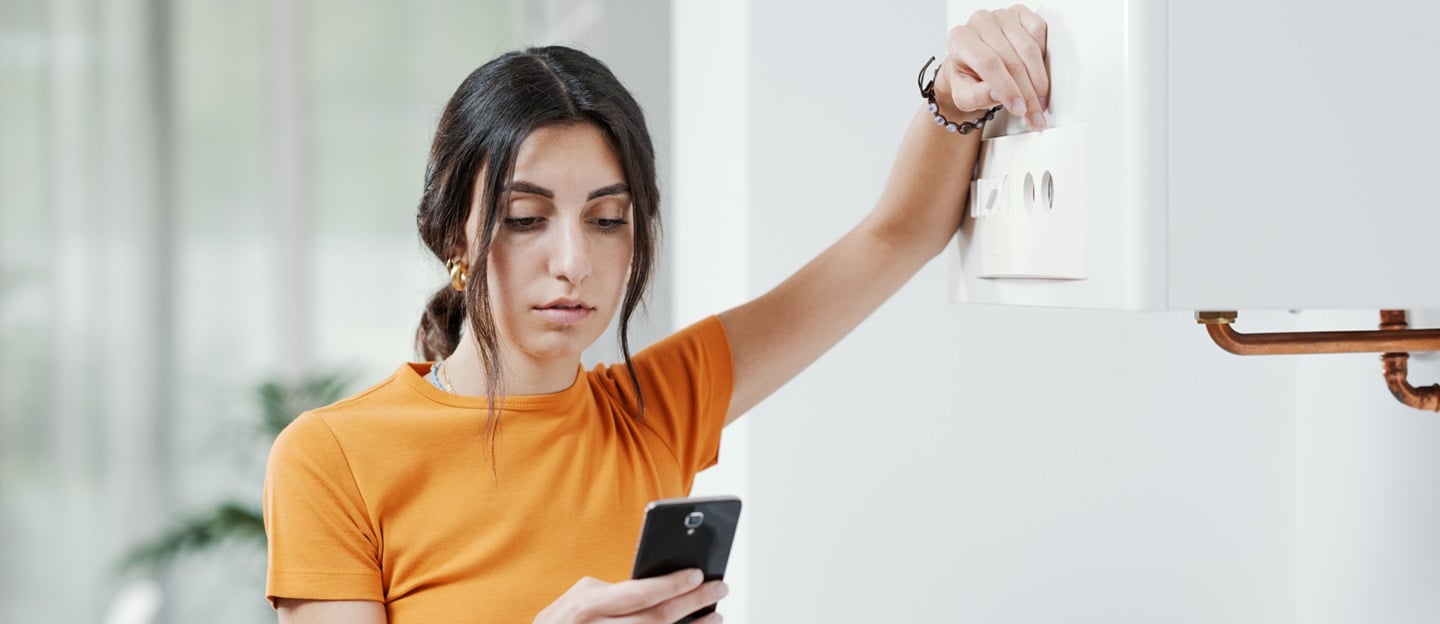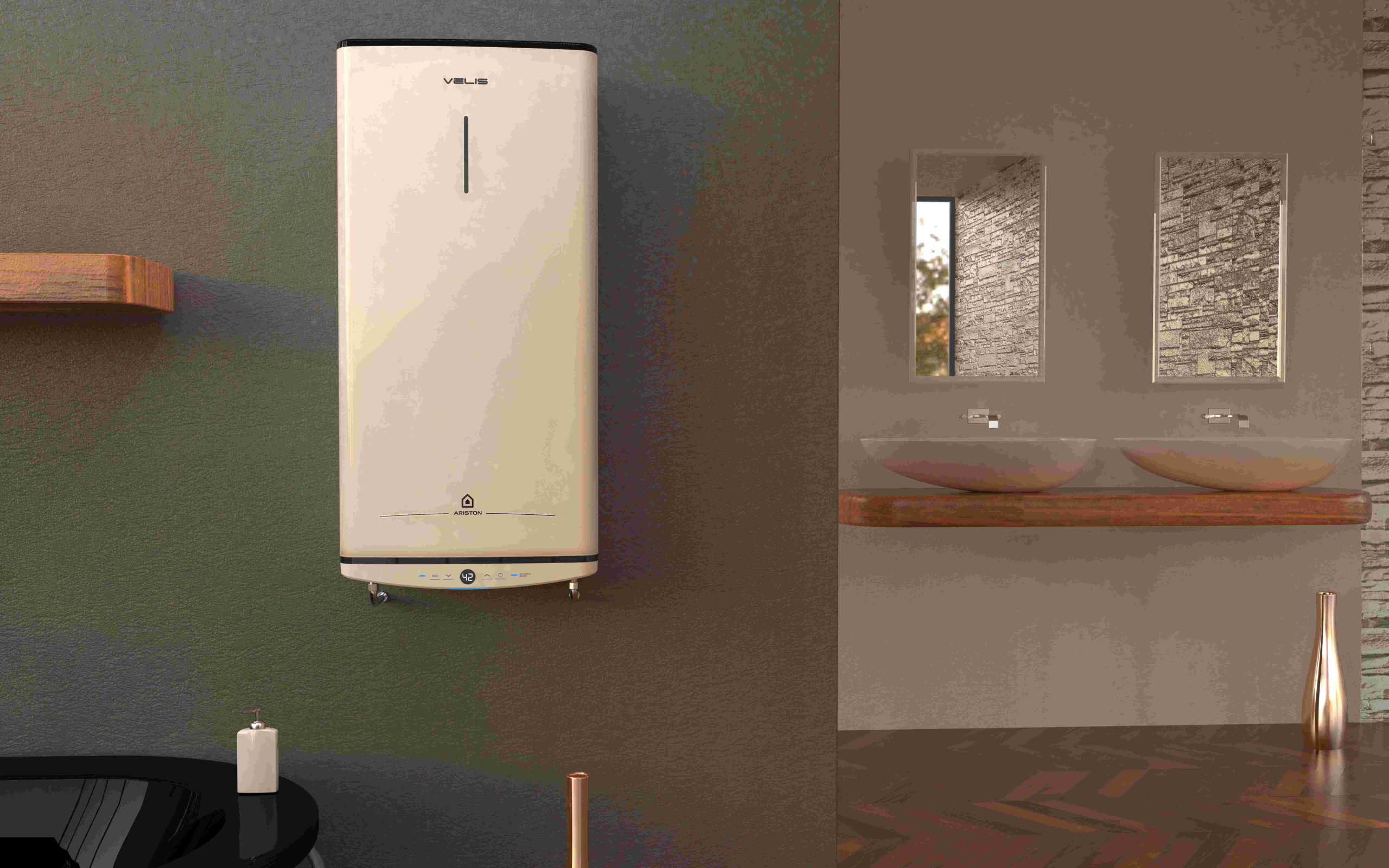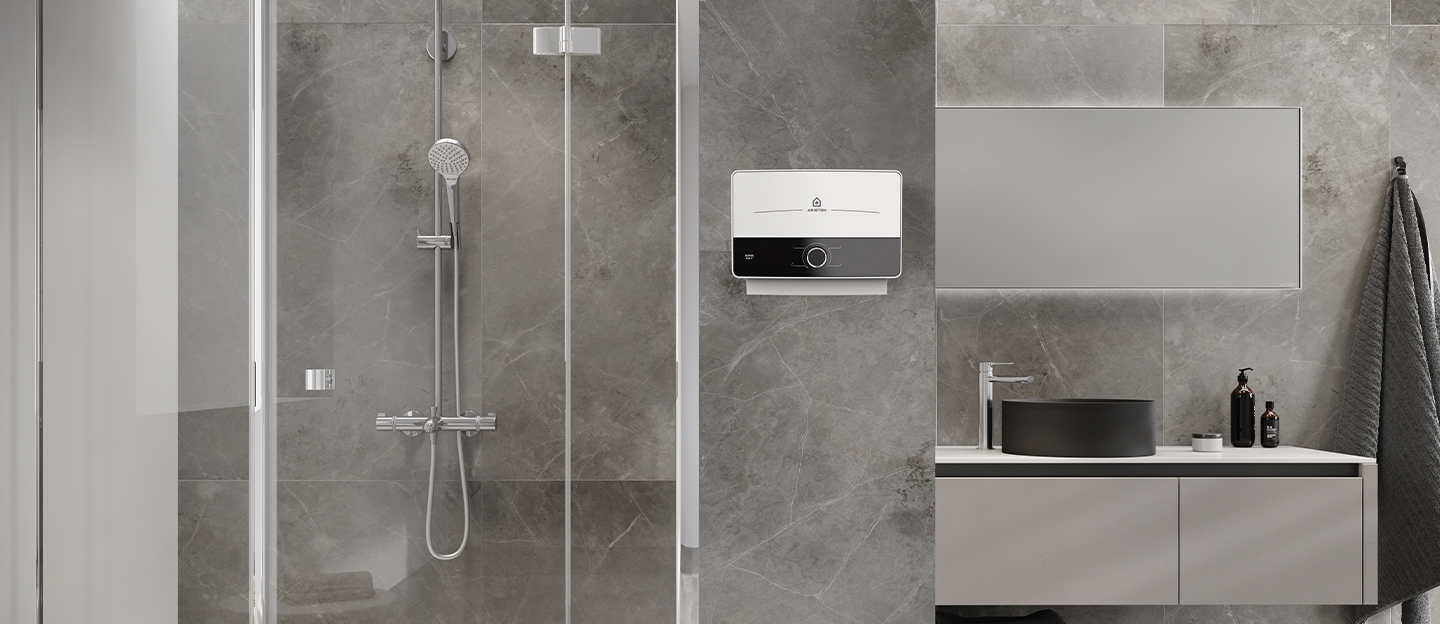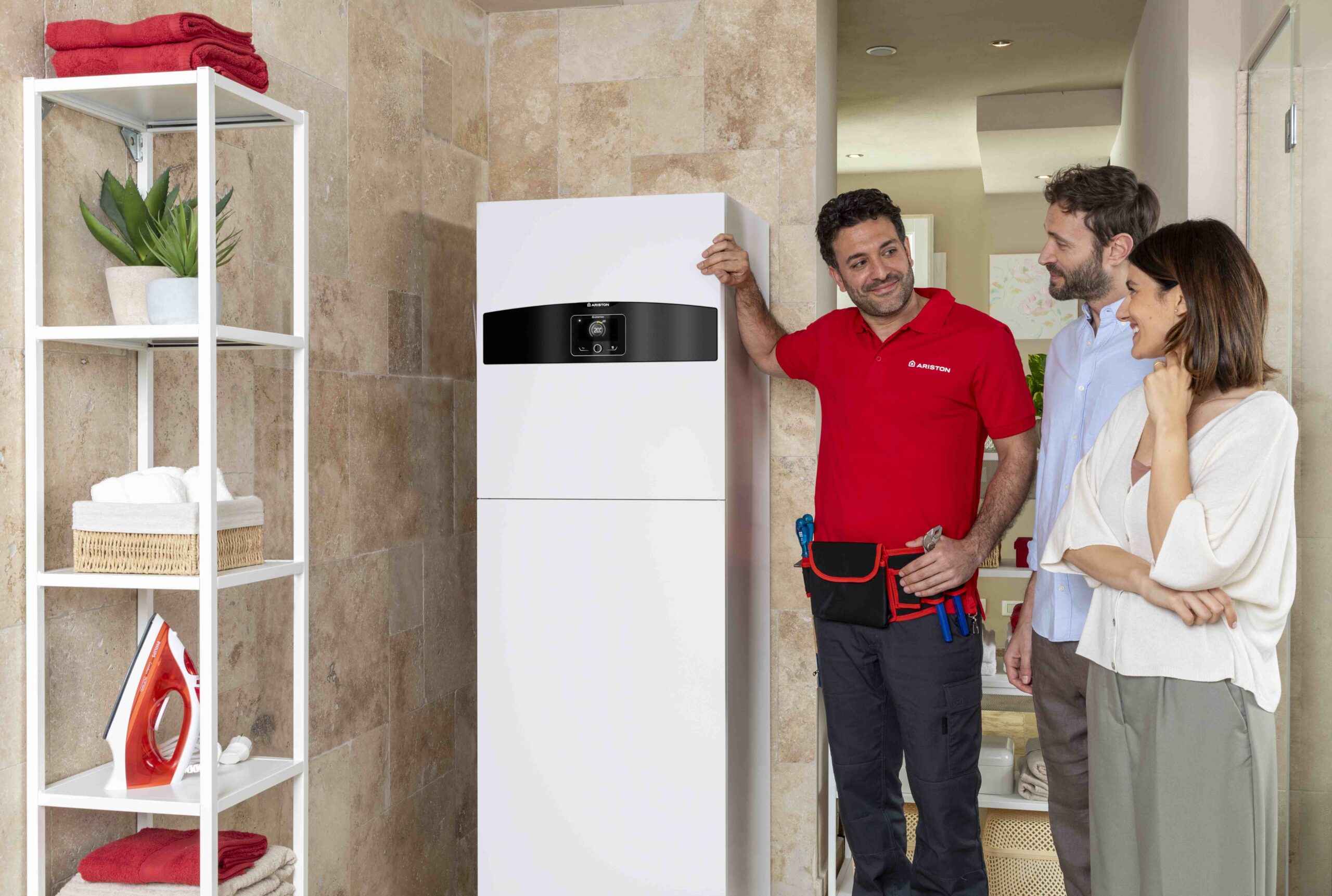Water heater not heating: how to fix it?
Is your water heater not working and not heating the water enough? Find out the possible causes and how to fix the problem.
Water heater not heating: how to fix it?
To have domestic hot water at home, you need a gas or electric water heater. The electric water heater is a very popular model as it is quite simple and intuitive to use. This device heats water using an electrical resistor; when that is powered by electricity, it transfers part of the energy in the form of heat to the water, heating it up.
Although this technology is reliable, there are some cases when an electric water heater might not heat the water. This fault can be due to a number of factors, from a problem that is easy to fix yourself to a more serious malfunction that requires the help of a qualified technician.
We’ll look at why a water heater isn’t heating properly and what to do in this situation, as well as everything you need to know to resolve this issue effectively.
Water heater turns on but isn’t heating: possible causes
Unlike gas water heaters, electric models work using electricity, heating the water instantly or by way of a storage tank. Gas water heaters are very powerful devices that only heat the water when needed, while storage electric water heaters keep the water in a tank at a constant temperature.
• A problem with the electrical resistor: If the water heater turns on but doesn’t heat the water, it could be due to various reasons. One could be the presence of limescale on the resistor due to the water in the area being very hard or because of a lack of periodic maintenance. A build-up of limescale compromises the operation of the electrical resistor, reducing the water heater’s ability to heat the water.
Another cause could be damage to the electrical resistor, for example when wear stops it from working or if the resistor is broken. It’s not a very frequent problem and the likelihood of it can be significantly reduced with adequate maintenance.
• A fault in the electrical system: In other cases, when the water heater turns on but doesn’t heat the water, it could be due to an electrical fault, such as the malfunction of one of the system’s components. The problem could also be due to a fault in the power outlet that the water heater is connected to, or the circuit breaker could have been activated due to a power surge or a faulty fuse, but in this case the water heater would not turn on.
• A problem with the thermostat: The thermostat adjusts the water temperature, so it heats the water up to the desired temperature set on the thermostat. When the water isn’t hot, it could be that the thermostat is malfunctioning, or it could be a more basic problem like the wrong temperature being set or the dial being moved accidentally.
•The water heater is covered in limescale: If the system is on but isn’t heating the water as it should, the cause could be a limescale build-up in the water heater. This sediment can compromise both the electrical resistor and the entire system, especially in storage water heaters that come with a hot water tank.
The electric water heater’s light is on but it’s not heating: what to do?
When the water heater turns on but doesn’t heat the water, the first thing to do is to try to identify what’s causing the problem. This is not always possible, so if you can’t find out what is causing the issue, call a technician. The professional will inspect the system and find the origin of the malfunction, examining the whole hot water production system in depth.
One of the checks you can perform yourself is to check the settings on the thermostat, making sure that the right temperature is configured. It’s quite a simple operation but it’s important to follow the manufacturer’s instructions in the water heater’s technical manual. Every model is different so you should always follow the manufacturer’s recommendations, remembering that the ideal temperature is 40°C in summer and 50–60°C in winter.
Another check that you can perform yourself is to look at the circuit breaker, but in this case the water heater would not turn on. If the differential switch has been tripped, you can try to reset it and turn the water heater back on. If the water heater turns on after this or the circuit breaker continues to trip, it means there is an electrical fault in the system and you need to call an electrician.
Other problems like a broken or encrusted resistor, limescale deposits in the water heater or a thermostat malfunction require the assistance of a qualified technician. For safety reasons, you should never try to work on an electrical water heater as it is a device that is connected to the electricity network and there is a risk of electric shock.
Therefore, apart from a few simple checks, you should always contact a professional when your water heater isn’t heating anymore. Depending on the type of problem, the technician might replace the faulty component, clean the resistor or tank and recommend installing a water softener to reduce the hardness of the water and protect the water heater from limescale formation.






